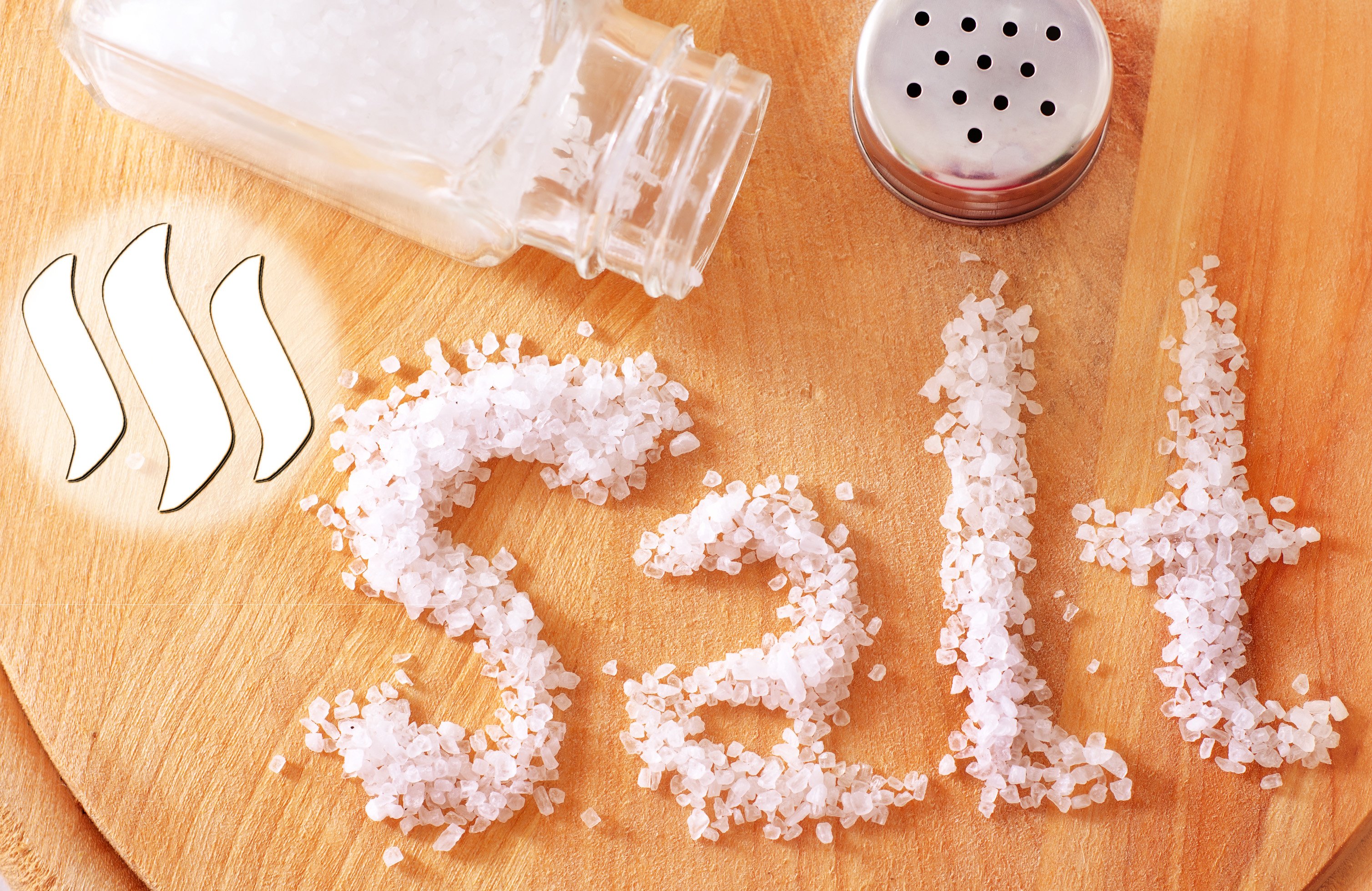
Almost everybody consumes too much salt.
Sodium is hidden in almost all processed foods, and is used way too much in many restaurants as well.
Studies from the Harvard School of Public Health have shown that 99.2% of the population ingests too much Sodium Chloride. And up to 90% of that intake are consumed via the foods we eat!
Too much salt intake is actually the reason for 1.65 million deaths per year.
The study compared date from over 66 different countries, plus 107 additional single studies.
The problem is that salt is Addictive - that's the reason why it's so hard not to finish a bag of potato chips.
But why exactly is it addictive?
We have to look back on our evolutionary history. About 2 million years ago, our ancestors were fighting for survival in the African savanna.
Both salt and water were extremely scarce.
That's why we gradually learned to re-fill our salt and water levels whenever we can- and that's exactly the problem.
When salt is there, we eat it. That's almost like a natural instinct to us, that only few can resist.
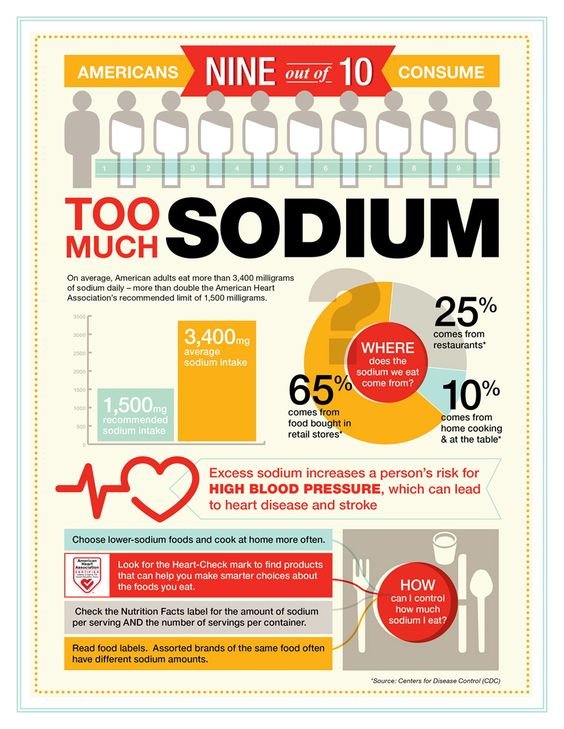
Statistically, humans worldwide ingest around 3.6g salt per day.
But the WHO suggests that only 2g of salt per day should be consumed - anything more than that will be harmful to our health.
And there are big regional differences when we look at salt intake in certain countries - while the average person in an african country consumes quite a low amount of sodium (only 1.5g daily in Kenia), the opposite is true for most countries in central asia (up to 5g daily!).
The US and Europe are placed roughly in the high to middle range of salt intake.
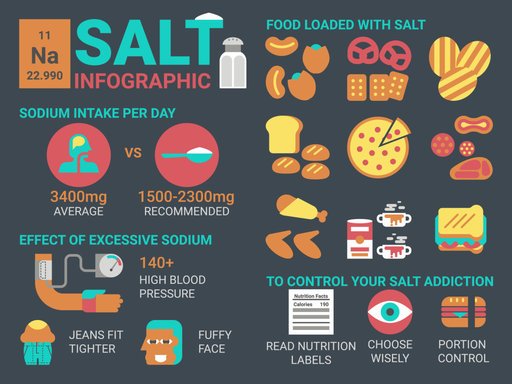
Where in our diet is the salt hidden?
80% of our salt intake are actually a result of eating processed foods, and not just adding table salt to a meal.
We get another surprisingly high amount of salt from bread (27-28%), as well as from meat products (15-21%) and dairy products / cheese (10-11%).
The foods that have been preserved with salt are the ones with the highest amount of sodium, as well as frozen processed foods and instant soups.

So what exactly does salt do to our bodies?
Salt is especially harmful to our heart.
In General, salt dries out our bodies. But fluids are extremely important for many different functions in our bodies to run smoothly!
Our cells control their water supply mostly through the salt levels.
When we ingest too much salt, a so-called "Concentration Gradient" happens: the level of salt outside of the cell will be higher than inside, which then makes the cell dry out due to the osmotic pressure.
Cardiovascular diseases are very often linked to high sodium intake as well, and elevates the blood fat levels.
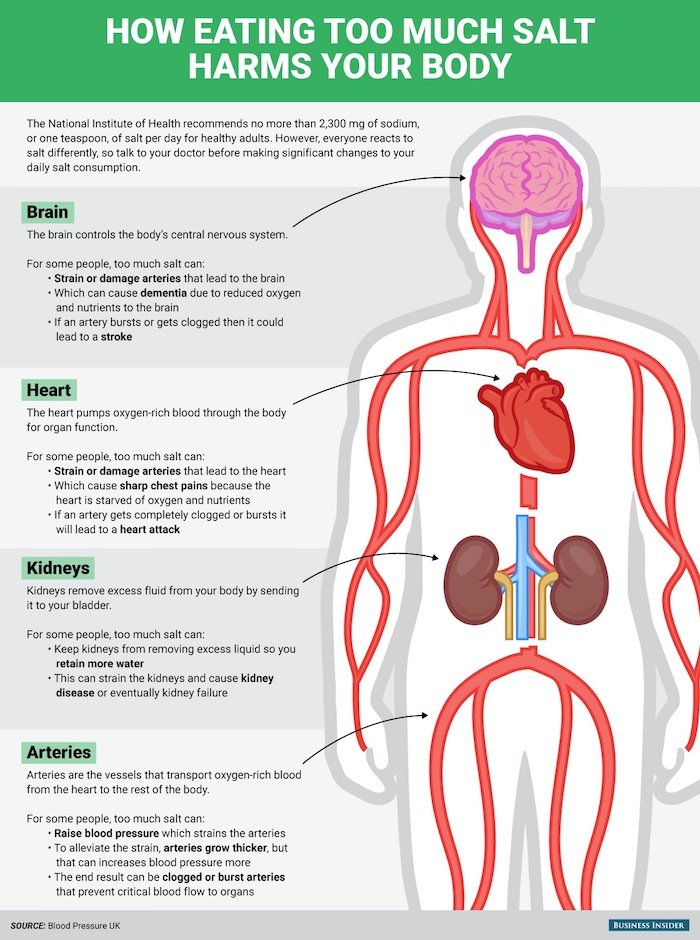
It also has a negative effect on out kidneys.
If we ingest too much salt, a lot of it gets released via the kidneys, which results in a remarkable loss of water.
Another effect of high sodium intake might be raised blood pressure.
The more salt you consume, the more you have to drink in order to balance out the levels of salt and water in your body.
If you don't manage to drink enough, it will lead to vasoconstriction, which in turn elevate the blood pressure.
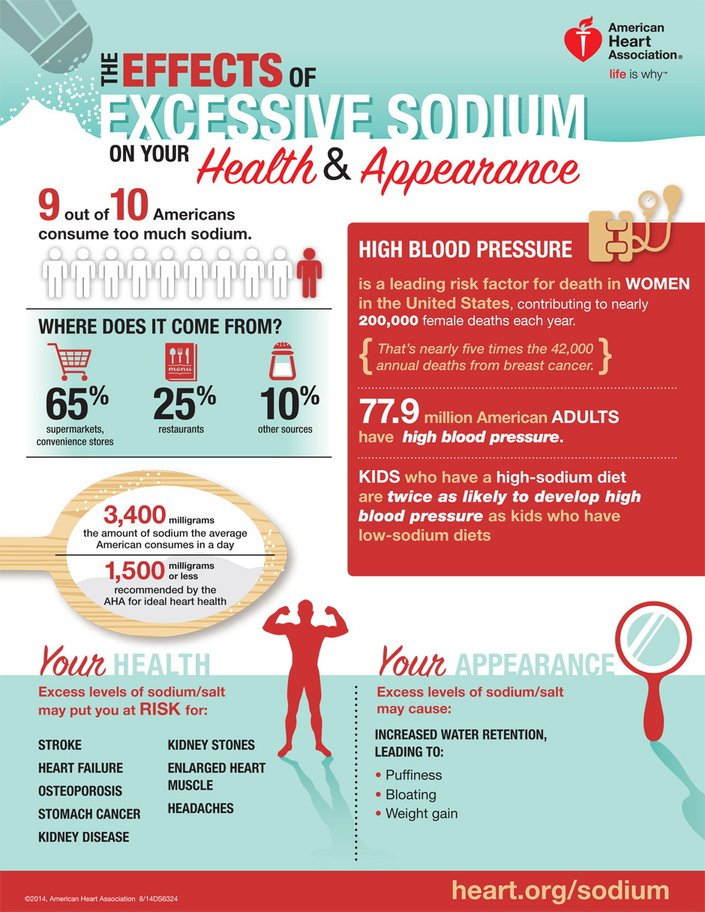
Conclusion
Salt is hidden in almost all processed foods - even where we don't expect it. That's partly the reason why almost everybody consumes too much salt! Salt dries out our bodies and therefore affects our organs negatively - especially our heart and kidneys.
The problem is that salt is addictive and we are hard-wired to eat a lot of salt because it used to be crucial for survival.
Nowadays, there's too much salt in most foods, so it's very important to keep an eye on your salt intake and reduce it as much as possible.
How much salt do you consume?

© Sirwinchester
